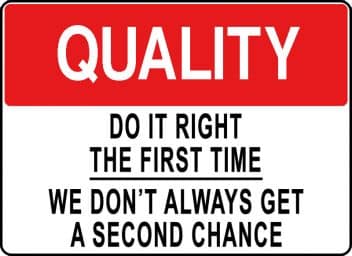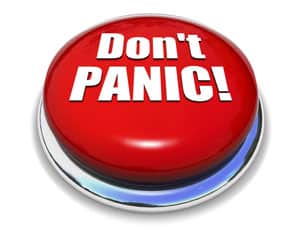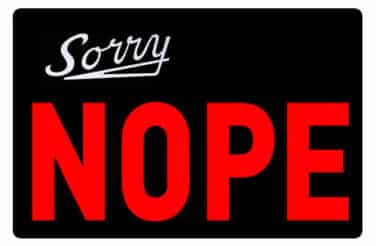Google Penalties

Google’s search algorithms are extremely complex. Penalties exist which are designed to filter out spammy websites and those who use unethical methods to promote their sites. Some of these are manually imposed, while others are not actually a penalty, but the algorithm or an update to it doing its job. Some of the most common Google penalties and algorithm updates include:
- Panda
- Penguin
- Paid Links
- Top Heavy
- Payday
- Pirate
- Unnatural Links
- Spam
- Thin Content
- 30/50 (or +30 +50) penalties
- Thousands of “Manual Actions” and Warnings per year in Google Search Console (formerly called Google Webmaster Tools).
Most of the penalties and filters are triggered by something a webmaster or SEO has intentionally done in an attempt to manipulate the search engine results in favor of their website. Some of the content quality filters and penalties can be accidentally triggered. For example, Panda and thin content filters will sometimes kick in when a blog or eCommerce site has several URLs which show the same or very close to duplicate content due to things like blog category pages or sorting store products by color, size, price or other variants.
No matter what the cause, Google penalties and algorithmic spam and low quality filters may result in a decrease in rankings for every page of a site, for only searches containing certain overused keywords, or just for a specific page.
The best way to prevent your website from being hit by a Google penalty is to know the rules (Google’s Webmaster Guidelines), and follow them – and make sure your SEO provider does the same. Unfortunately, many do not.
Dealing with a Google Penalty?
We can help diagnose all types of traffic drops and other issues. We are pretty good at helping sites recover from penalties, too.
Here are some articles related to Google penalties…





